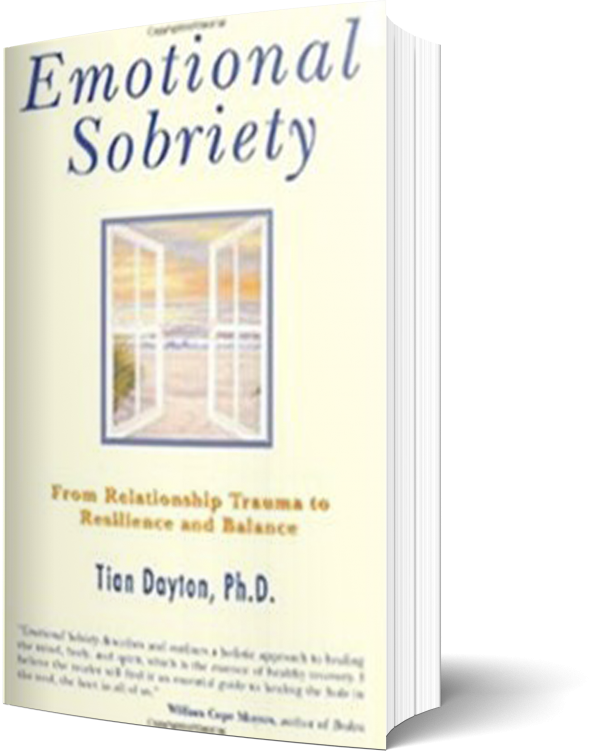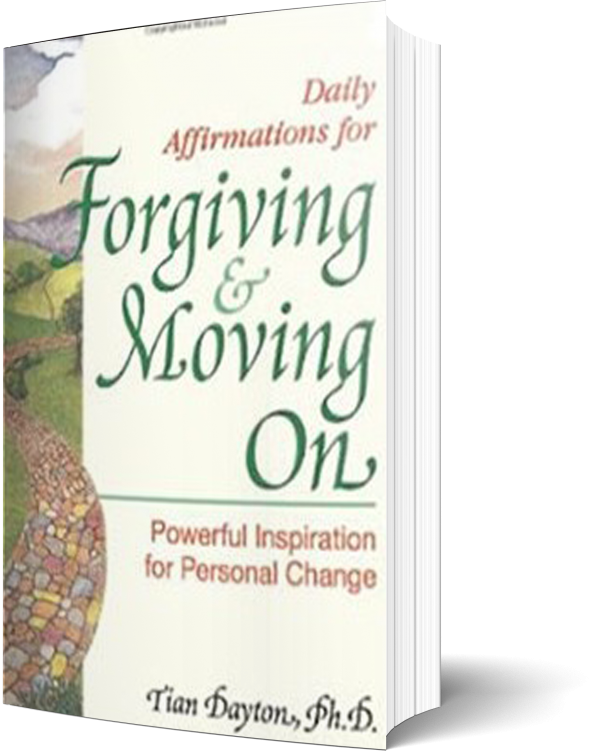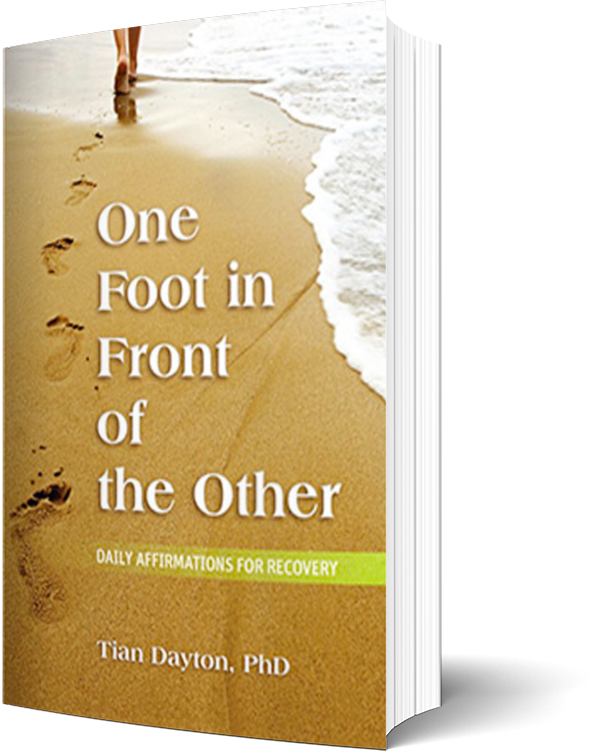As more and more bad financial news comes into the media and the reality of the current state of our world of commerce sinks in, there is a pervasive feeling or fear and groundlessness that comes along with it.
The natural human fear response is fight/flight/freeze. So if you feel yourself wanting to pick more fights than usual, avoid tuning in on what’s going on, or if you feel frozen in your tracks, remember, you might just be scared.
So what can we do to work with our own fear so that it doesn’t get us into trouble? Well, first let’s examine possible pitfalls for each fear reaction:
Fight: This one is pretty clear, fighting with our money managers, co-workers, spouses, children or friends probably won’t help us to get anything but the most momentary relief. We’re likely to create more problems than we solve.
Flight: This one can manifest as an urge to block our awareness or deny the impact of what is going on around us.We’re here in body but our mind is a million miles away. Or we might find ourselves fantasizing about leaving it all behind, getting away from the life and relationships that we know.
Freeze: Freeze can mean we can’t move in any direction, we can’t think clearly about our situation, we have trouble seeing possible solutions and making clear headed decisions or taking meaningful actions to help ourselves.We’re stuck, glued in place.
So what can we do to help ourselves stay balanced through difficult times? First we can arm ourselves with the awareness of our own fear patterns. Which of the above-mentioned fear responses are you most likely to have, what is your fear default position?
If it’s fight, try to do something with the adrenaline that is pumping you up other than pick a fight and/or recognize that you will not be helped by digging your heals in and acting defensive. Your default behaviors are probably fighting or getting overly defensive. Relax, breathe, exercise and listen to what people are saying without blowing up. Also, listen to your own feelings of fear without judging yourself or beating yourself up. Don’t let your fear build up too much inside of you before you share it, avoid an explosion or an implosion by letting out smaller amounts of anxiety as they arise, be preventative.
It it’s flight, try sitting still and feeling your fear instead of bolting or blocking it. You will survive. You may feel as if your world is collapsing, betraying you or that you are floating in a groundless sort of space. Remind yourself that it’s only a feeling and allow yourself to experience it rather than deny or run away from it. Breathe, relax and let yourself become aware of what goes through your mind as you allow the feeling of fear in rather than avoid it. What are you afraid of losing, what are you scared might happen? Which of your fears are reality-based and which are excessive or unreal? Don’t deny your fear for so long that you allow your situation to worsen just because you don’t feel and deal with it. What small actions can you take today that will improve your situation?
If it’s freeze, first breathe and relax so that you can allow yourself to begin to feel again. You may need to take an action like talking your fears over with someone you trust or journaling about them and allowing your words to open you up to feeling the emotions that you may be shutting down. If you journal, do so more than once. You can journal several times about your fear and each time you may find yourself thawing out a bit more. You can even dialogue with it, write a letter to fear and then a letter back to yourself, as your fear talking back to you. You might be surprised at how much more you understand about yourself and your emotions than you thought.Don’t isolate or withdraw into a world where no one can reach you and where you stay shut down, even to yourself. Try to break your pattern by taking small actions that allow you to unfreeze and feel.
Keep in mind that the thinking brain shuts down when we’re in a high state of fear. The body, however, keeps operating. After all, if a cave man felt threatened, he would need to keep seeing, smelling and listening for signs of danger in order to get out of harm’s way or stand and fight, so he needed his feeling/sensing body to remain on high alert. Thinking shuts down so that it doesn’t get in the way of taking immediate actions to preserve and defend the self. But while this may be an adaptive response in the wild or on the plains of Africa, it’s not so helpful when it comes to dealing with a financial crisis. So do what you need to do to quiet your body down, to feel the fear and allow it to dissipate, to come back into a more relaxed state. We need to be able to think clearly now more than ever so relax, breathe, exercise and to come back to normal. As you learn to feel and share your fear and to take steps to calm both your mind and body down, you’ll be developing skills to manage it more effectively. Then separate your fears into real and imagined. Which of your concerns can you do something about today and which can you do nothing about today? And remember, “this too shall pass.”





